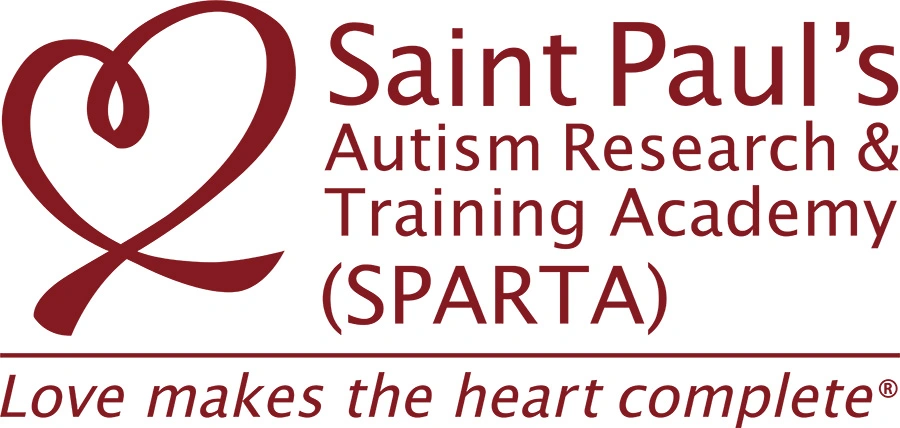This study explores how to enhance a behavior intervention plan according to the teacher/classroom aide’s accepted practices can have a positive effect on the integrity of the treatment.
Behavior intervention plans (or BIPs) aim to prevent behavior that gets in the way of learning. A BIP is a formal, written plan that teaches and rewards good behavior. When a child misbehaves, they in turn have a harder time learning, and their education is hindered. Many children with severe autism can have negative behaviors, so a BIP must be put in place. The child is given a Functional Behavior Assessment (FBA), which aims to understand why the child is acting this way, and how it can be resolved. With the consultation of the teacher/aide and behavior analyst, a BIP is formed.
Supported strategies are put into place to help curb behaviors and enhance the student’s ability to learn and grow. This study investigates how strategies that are more accepted by the teacher/classroom aide have more of an impact on reducing negative behaviors. Teachers were given a list of strategies and were asked to rank them. The ones that ranked highest were then implemented and they showed more effectiveness or a positive effect on the integrity of the treatment. The lower-ranked strategies were not implemented because the thought is that these would not be applied properly and would decrease the effectiveness of the BIP.
